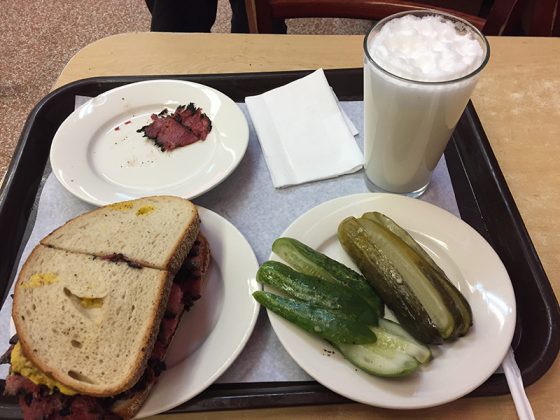
We live in a society where people acquire vast amounts of stuff and then run out of space to store it all. Some respond by adopting minimalism; true believers embrace the clean aesthetics of clear floors, empty shelves, and bare closets. Of course, in our disposable consumer culture, these same people can buy replacements for what they have discarded. The zen state of declutter is but a momentary illusion. Marie Kondo, apostle The Gospel of Decluttering and an advocate for minimalism, built her career encouraging people to discard items that failed to “spark joy.” Upon having her third child, however, she came to the conclusion that minimalism and kids were not compatible and confesses to now having a messy home. Apostate! The urge to acquire stuff is probably pre-programmed into us by evolution, just like the extra layers of fat we accumulate when food is plenty. Because good times don’t last, humans hoard resources for a rainy day; those with a cushion fare better during a downturn. But, as with many traits driven by evolution, the accumulation of stuff can become pathological. Hoarding can be a detriment to survival, and the line between prepping and hoarding is thin. Some manage…

